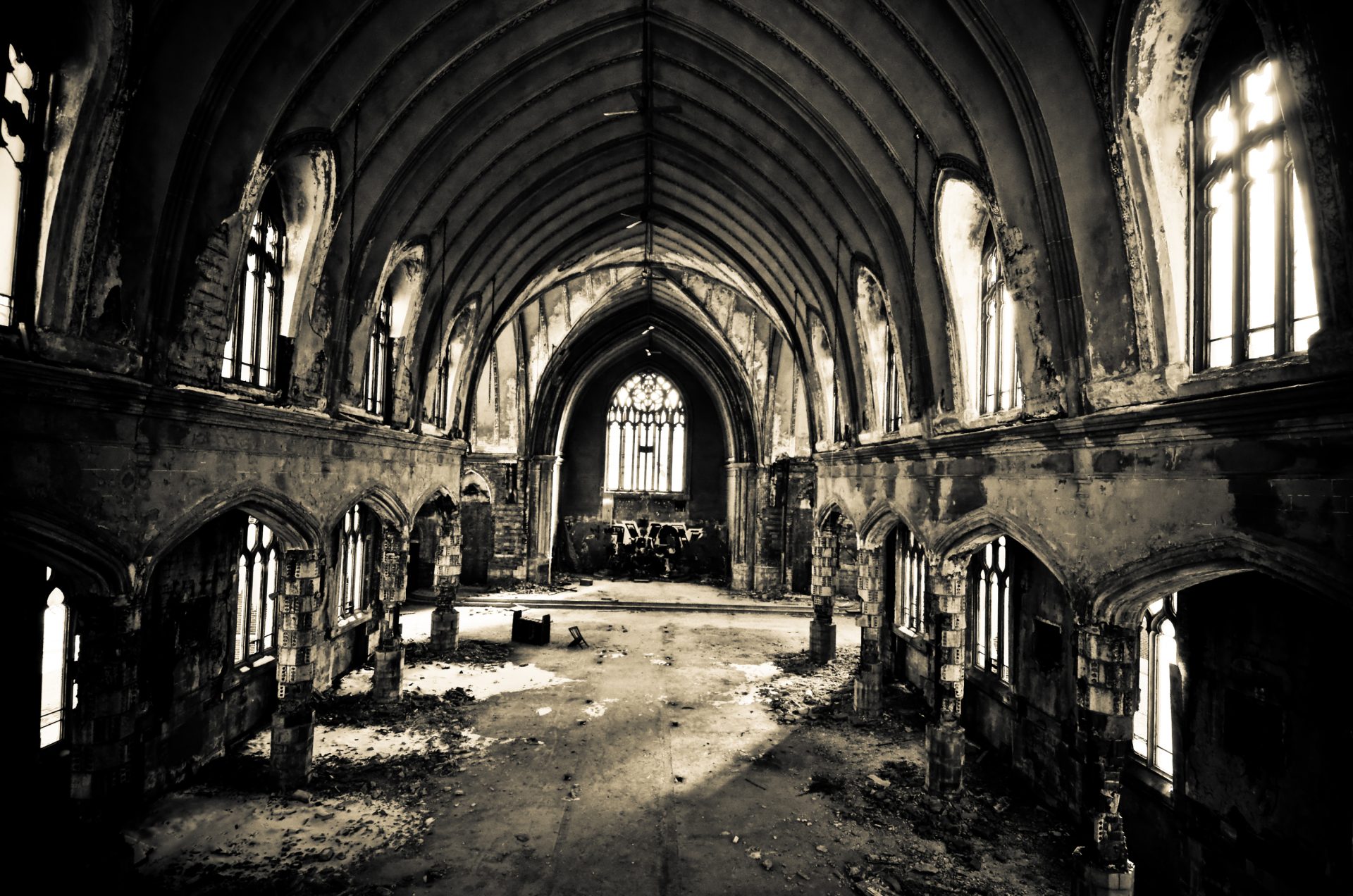Every month or so, I come across a news article or a new book that claims the evangelical movement is falling apart. We’re on the precipice of complete collapse, some say. “The Church in America is dying, dying I tell you!” We’re witnessing the last gasps of evangelical Christianity. The “nones” are on the rise, secularism is the future, and Christianity will soon be powerless.
Now, I would be the last person to deny the serious and persistent problems within the evangelical movement. It is true that many denominations (including my own) are in statistical decline. It’s also true that much of what passes for Christianity today is just a spiritualized version of moralistic therapeutic deism. And sadly, the sociological and political connotations to the word “evangelical” often engulf the significance of this renewal movement, inserting a wedge between its cultural and aspirational definitions.
Do we face significant challenges? Yes. And that’s been true of the church in every generation.
Are we on the verge of immediate collapse? No. And the older I get, the more tiresome these predictions become.
Nine years ago, Michael Spencer (a friend who was known as the “Internet Monk”) made headlines when he wrote an article predicting the “coming evangelical collapse”:
I believe that we are on the verge—within 10 years—of a major collapse of evangelical Christianity; a collapse that will follow the deterioration of the mainline Protestant world and that will fundamentally alter the religious and cultural environment in the West. I believe this evangelical collapse will happen with astonishing statistical speed.
Around that time, I remember reading and reviewing a book that made a similar claim. Digging into the movement’s inflated numbers, the author whittled down our size until she found confessional, churchgoing evangelicals to be only 3.7 percent of the population. Our influence was about to implode from the inside, she wrote.
Well, we’ve got a year left for the Internet Monk’s prediction to come true, but the numbers tell a different story.
- Numerically, there are more evangelicals in America today than at any time in our history.
- As a percentage of the population, evangelicals shrunk 0.9 percent between 2007 and 2014, which means that the numerical increase wasn’t enough to keep pace with population growth. But that’s hardly a collapse.
- It’s true that the “nones” are on the rise among white people in the West, but globally, Pew Research Forum predicts that “secular” people in 2060 will make up a strikingly smaller percentage of the world’s population than they do today. Eric Kaufmann’s book Shall the Religious Inherit the Earth? does not portray the future as belonging to the secular elites, but rather the religious grassroots that adhere to some of the strongest forms of religious faith.
If the numbers aren’t as troubling as the headlines, why do these dire predictions of the fall of evangelical Christianity get such an ear?
Two reasons.
First, for people who harbor disdain for historic Christianity, the reports play right into the eschatology of the Enlightenment and the eschatology of the sexual revolution. These worldviews envision a future where the demise of historic Christianity is good news because it means progress has triumphed and the Christian obstacles have fallen away. The statistics appear to bolster the idea of progress.
Second, for evangelical Christians, all the dire reports can be appealing because they bolster the idea of decline. (And nothing gets Christians riled up like thinking they are on the precipice of disaster!) Pastors and church leaders feel the need to wake people up from spiritual complacency. Bad statistics can sound the alarm.
The problem is, these statistics lead secular people to false optimism and Christians to false pessimism.
As Christians, we’re not called to be optimists or pessimists. We’re called to be a people of hope. It’s hope, not fear, that should motivate a Christian’s action in the world.
Here’s how I put it in Eschatological Discipleship:
Christian hope has a distinctive shape. Society often reduces hope to a wish, a human longing for a future that may or may not be certain. The Christian sees hope as rooted in God and his promises. When cultural shifts take us by surprise and the obstacle of Enlightenment eschatology seems insurmountable, we may be tempted to replace hope with something else, either fear of the future or nostalgia for the past. Instead, the Christian must ask, “What time is it?”—firmly rejecting the Enlightenment’s false eschatology on the one hand while holding fast to biblical eschatology on the other.
Instead of reacting to negative reports as if we were Chicken Little, we need to look up to the sky, consider this moment in which we are called to be faithful, and ask the piercing question that missionary Lesslie Newbigin put before us:
What is God doing in these tremendous events of our time? How are we to understand them and interpret them to others, so that we and they may play our part in them as co-workers with God? Nostalgia for the past and fear for the future are equally out of place for the Christian. He is required, in the situation in which God places him, to understand the signs of the times in the light of the reality of God’s present and coming kingdom, and to give his witness faithfully about the purpose of God for all men.
